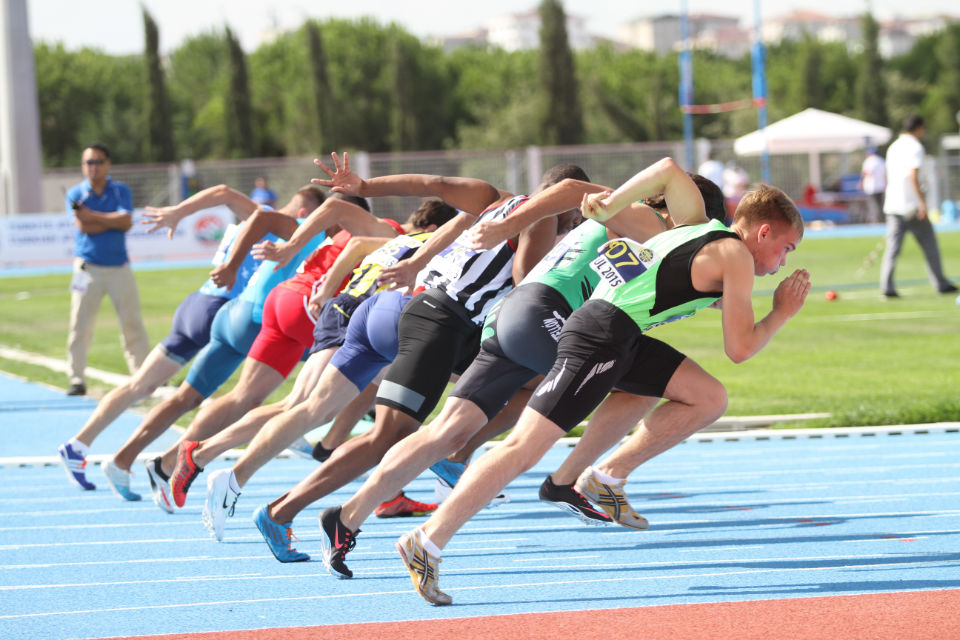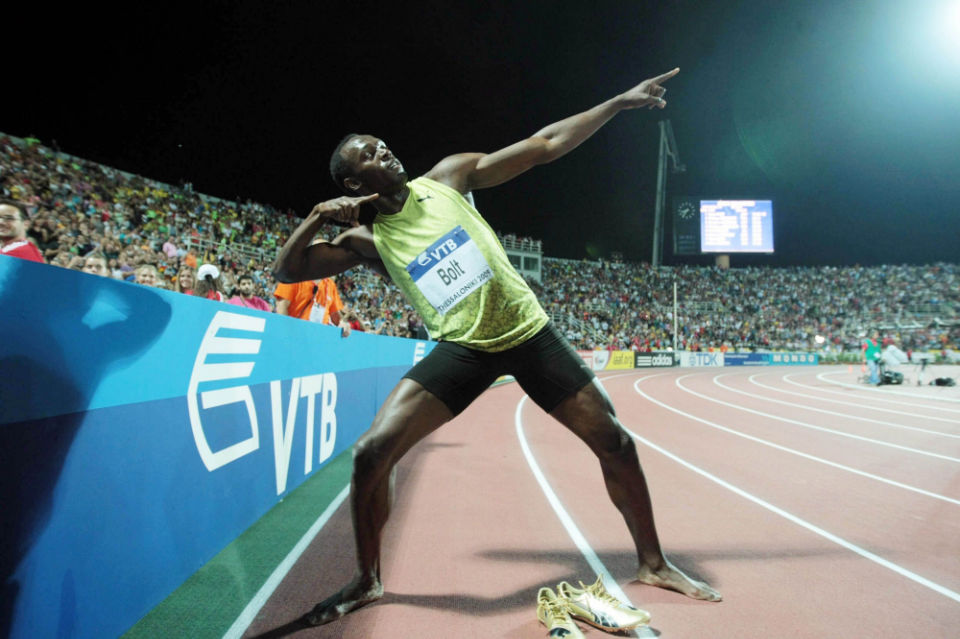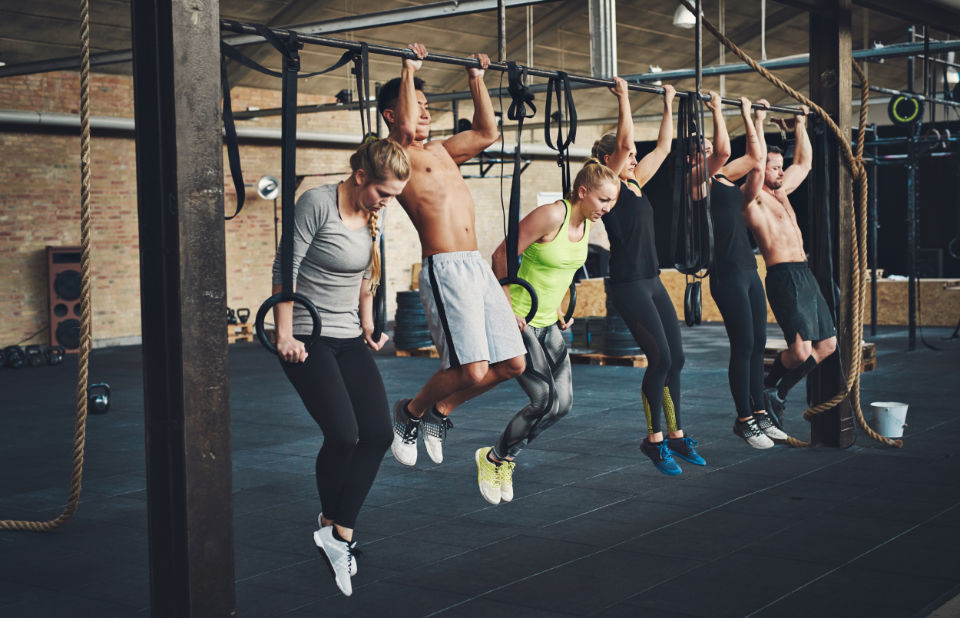Have you ever thought how some athletes look superior at some point in their career and then something happens, so they get the desired popularity in a day or vanishes overnight?
Nowadays, even semi-professional athletes work under similar conditions as elite athletes are doing on a regular basis. They have comparable resources & facilities but when the pressure kicks in, 98% of them fail to make the transition to the next level. So, what is the main factor distinguishing elite athletes to the other groups? Well, it’s a game of psychology.
Having their psychology right is something athletes need to earn by working hard on a daily basis. An athlete who has their psychology right can perform at his pinnacle more persistently in several contexts and under different types of pressure. Psychology is known as one of the significant aspects of winning and losing at the best level. Be it internal or external; a player must be able to cope with pressure well so that he/she can concentrate on the competition.
Athletics demands a high degree of professionalism. To achieve this end, even semi-professional athletes work on par with professionals so they make remarkable progress during training. Sports training is a tiresome task filled with frustration and potential pitfalls, but new technology and advanced equipment can make the effort easier. Modern designs and new materials transform the way games are played, leading to change the strategy of the sports effectively. A large number of smart sports equipment is available in the market which can track, analyse, and collect the data about an athlete’s performance and techniques.
Continuous monitoring of movement and progress can help athlete becoming a better player every day. Advanced sports equipment not only helps develop the ability of the athlete but also predicts changes that go to make better sports goods and equipment.

Important Aspects of Psychology
An athlete performs well at the beginning of a season but his performance starts getting diminished as his mental state changes. When his mind is positive and happy, he will be able to deliver his best performance. But, if his mind remains disturbed, he may not be able to perform at best. To understand this effect better, a study is conducted on things that affect the psychology of an individual, especially in relation to sports performance.
Psychology is the scientific study of the human mind. It is most relevant when we study it in specific contexts. By observing mental processes within the confines of a particular behavioural pattern we make changes. Performance in sports and exercise remains governed by these psychological aspects:
- Motivation
- Concentration
- Emotional control
- Self-confidence
“Our mind is constantly changing and it is pointless to look for building blocks of experience”
According to William James – a prominent American psychologist.
It is a combination of the conscious and unconscious mind. This multifaceted discipline includes many fields of human development, sports performance, cognitive processes, and social behaviour. Most advances in this field occurred over the past 150 years. From a philosophic point of view, it involves free will, memory, attraction, and other things. It is more pertinent to look at aspects that govern the behaviour of those aspects of our mind mentioned above.
State of Motivation
Motivation is a direction and intensity of one’s effort according to Sage. Pitfalls exist in adopting this approach because we cannot generalise a common motivational strategy for all situations. One has to understand how motivational force interacts with a situation.
It is important to orient our approach according to our past experiences. Effort and persistence spur achievement as a need or as overcoming attrition. Competence becomes that state where we continuously achieve higher targets through our orientation. This might be to avoid the shame of failure or to achieve success.

Concentration as a Tool
We get important aspects of control and mental strength from concentration. This is different from a focus that gives direction to our effort. It is not only the effort we are willing to put in, but it is also the attention we will pay to important things that matter. Most of this takes the form of instructions and the ability to adhere to these instructions.
Keeping Emotional Control
Mental skills develop with emotional intelligence. Performance of athletes depends on important variables such as concentration, skill level, experience, hosting conditions, and the presence of spectators. The ability to take responsibility and admit mistakes is crucial for keeping control of one’s emotions. It also fosters better understanding among teammates.
Changes in Self-confidence
The knowledge that one will succeed we call as self-confidence. It raises the level of performance and delivers results. If one has talent but does not believe that one will achieve, it is most improbable that one will produce results. This aspect of psychology depends on the equipment you have and the circumstance you are training in. If you have the best sports equipment, you will naturally raise your performance level. Confidence also depends on having enough facilities or food you have eaten before your game.
Advanced Training with Modern Technology
Equipment designed to take the shock of hard running or jumping helps you feel comfortable. When you train using tactical equipment that gives guaranteed results of progress, you get inspired to perform better. As much as breathing and routines are important for higher and better performances, use of advanced equipment helps to keep that advantage we have over our competitors.

Working of Sports Psychology
Sports psychology works in tandem with your body and mind. Goal setting becomes the key motivation tool. Exercise psychology focuses more on a connection between physical exercise and psychological motivation. Sports psychology helps the athlete meet the psychological needs to achieve high-performance levels.
Development using Technology
Biomedical technology is primarily responsible for actuating proper growth in tissues and nerves of an athlete’s body. Sports scientists are able to determine precise kinematic information that helps them take actionable steps to prevent sports injuries. This works for athletes across a wide range of sports and games such as volleyball, football, athletics, and even snowboarding and surfing. It helps turn amateurs to Olympic Gold Medalists.
Testing takes place for athletes involving a set of jumps or throws. They record this force and analyse this data through a computer. Because we get instant results of this analysis, it is possible to make adjustments to the workout within minutes.
Another set of results undergoes analysis and they make improvements. Individual athletes use personalised plans by this constant updating. Use of a fresh set of data each time as against the use of old data makes progress imminent as we make new adjustments to an exercise schedule.
It’s easy to adopt a new workout technique and start with a new health routine. What’s challenging is actually reaching the goals and taking your performance to the succeeding level. Consistent motivation and advanced training can help you become a better athlete with time.





